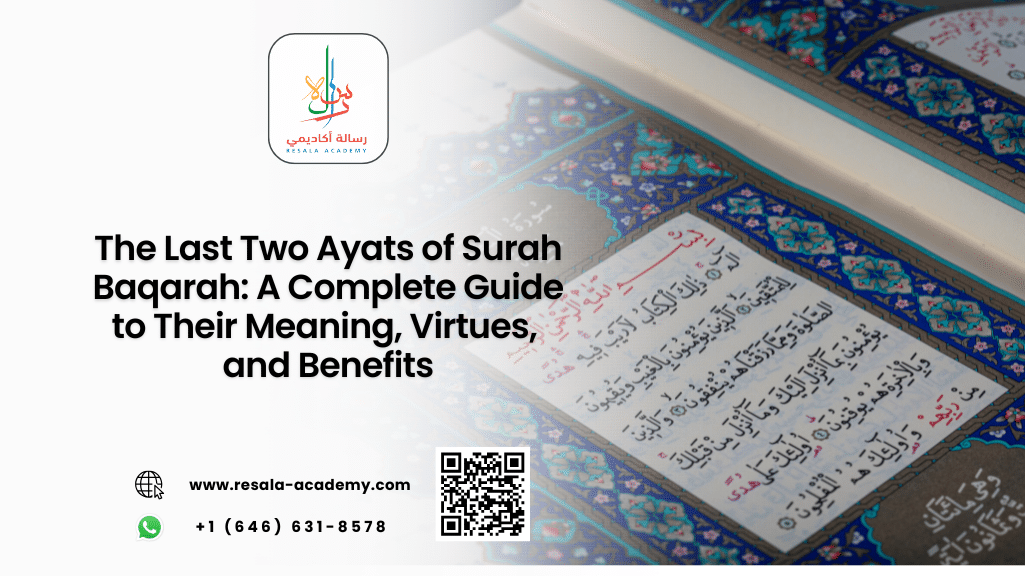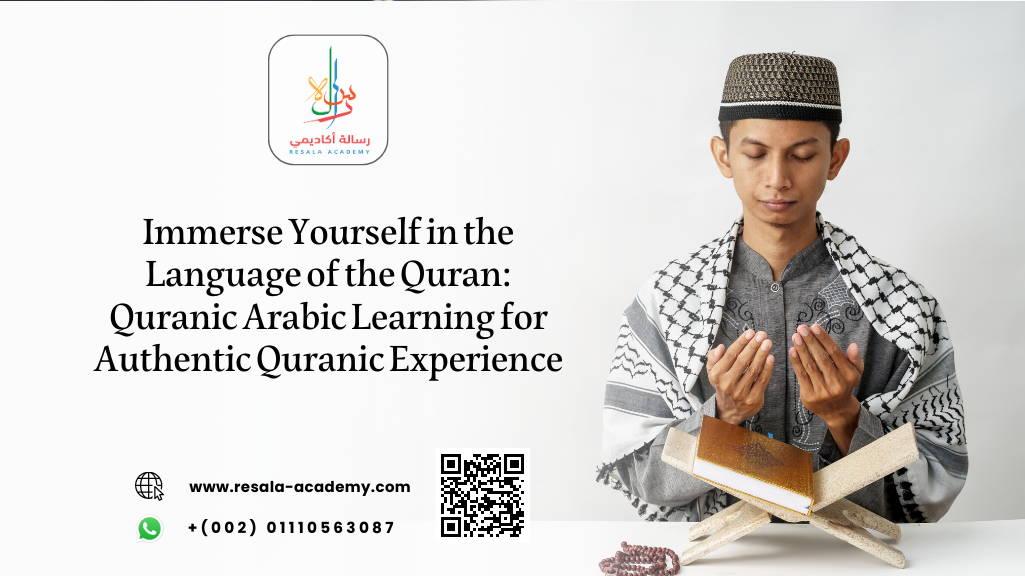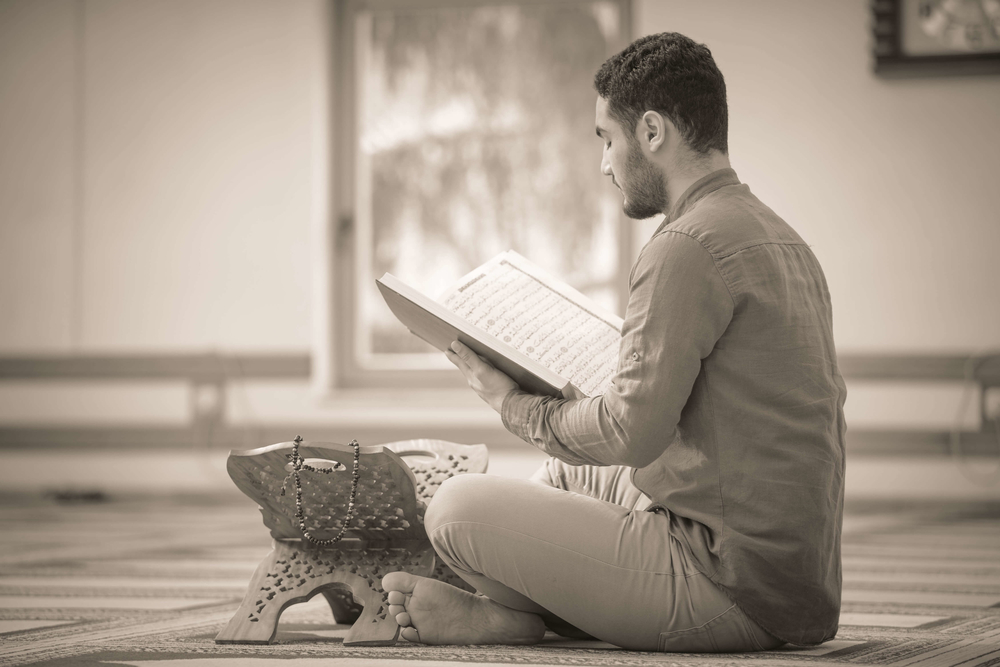Table of Contents
“Allahumma Barik” Explained: When, Why, and How to Use This Powerful Islamic Phrase
In the rich tapestry of Islamic expressions, few phrases carry the beauty, depth, and spiritual significance of “Allahumma Barik”. Whether you’re a non-native speaker exploring the Arabic language or a student of Islamic studies, understanding the meaning, usage, and context of this phrase can deepen your connection with the faith and its linguistic treasures.
In this comprehensive guide, we’ll explore the meaning of “Allahumma Barik”, its usage in daily life, its roots in the Quran and Hadith, and how to respond when someone says it to you. We’ll also introduce you to Resala Academy, a leading online platform for learning Arabic and Quran for non-native speakers.
What Does “Allahumma Barik” Mean?
The phrase “Allahumma Barik” (اللهم بارك) is an Arabic supplication that translates to:
“O Allah, bless (him/her/it).”
It is a concise yet powerful invocation asking Allah (SWT) to bestow His blessings upon someone or something. The word “Barik” comes from the root word “Barakah” (بركة), which means blessing, prosperity, or divine increase.
This phrase is often used to express admiration or appreciation for something while simultaneously invoking Allah’s protection and blessings upon it.
Common Translations:
- “May Allah bless you.”
- “O Allah, grant blessings.”
- “Allah, bestow your Barakah.”
“Allahumma Barik” in the Quran and Hadith
While the exact phrase “Allahumma Barik” does not appear verbatim in the Quran, its essence and root word “Barakah” are deeply embedded in Islamic scripture.
In the Quran:
وَبَارَكْنَا عَلَيْهِ وَعَلَىٰ إِسْحَاقَ ۚ
“We blessed him and Isaac as well.”
— Surah As-Saffat 37:113
This verse shows Allah bestowing blessings upon Prophet Ibrahim and his son Ishaq, using the same root word “Barakna” (We blessed).
In the Hadith:
One of the most well-known Hadiths where “Allahumma Barik” is used is during the Prophet Muhammad’s (ﷺ) guidance on congratulating someone on a marriage or a new blessing.
عَلاَمَ يَقْتُلُ أَحَدُكُمْ أَخَاهُ إِذَا رَأَى أَحَدُكُمْ مِنْ أَخِيهِ مَا يُعْجِبُهُ فَلْيَدْعُ لَهُ بِالْبَرَكَةِ
“Why would anyone of you kill his brother? If he sees something that he likes, then let him pray for blessing for him.”
— Sunan Ibn Majah 3509
This Hadith highlights the Prophet’s practice of invoking blessings instead of merely expressing admiration. It serves as a spiritual safeguard against envy and the evil eye.
When to Say “Allahumma Barik”
Understanding the appropriate context for using “Allahumma Barik” is essential for non-native speakers and new learners of Islamic etiquette.
Common Situations to Use “Allahumma Barik”:
- When you see someone’s beautiful home, car, or clothing
- Upon witnessing a child’s cuteness or intelligence
- When someone shares good news or success
- During weddings or engagements
- When admiring someone’s achievement or talent
This phrase is not just a compliment—it’s a dua (supplication). It reflects your desire for Allah to protect and increase the blessing you’ve observed in someone else’s life.
Read more about: Top 5 Benefits of Online Quran Reading Surah Yaseen You Didn’t Know
How to Respond to “Allahumma Barik”
If someone says “Allahumma Barik” to you, it’s a beautiful gesture of goodwill. While there’s no fixed response required, you may reply with:
- “Ameen” (آمين) — meaning “May it be so.”
- “Wa feeka barak Allah” (وفيك بارك الله) — “And may Allah bless you too.”
- “Jazak Allahu Khayran” (جزاك الله خيرًا) — “May Allah reward you with goodness.”
These responses maintain the spiritual tone and show appreciation for the kind supplication.
Allahumma Barik Meaning for Non-Native Speakers
For learners of Arabic and Islamic studies, understanding “Allahumma Barik” goes beyond translation. It involves grasping the cultural and spiritual context in which the phrase is used.
Linguistic Breakdown:
- Allahumma (اللهم): A unique Arabic construction that means “O Allah.”
- Barik (بارك): A verb in the imperative form meaning “bless.”
Together, the phrase is a direct plea to Allah for blessings, making it both a linguistic and spiritual expression.
Why Use “Allahumma Barik”?
In Islamic tradition, expressing admiration without invoking Allah’s blessing can unintentionally lead to ‘Ayn (the evil eye). The Prophet Muhammad (ﷺ) warned against this and encouraged saying “Allahumma Barik” as a protective measure.
الْعَيْنُ حَقٌّ وَلَوْ كَانَ شَىْءٌ سَابَقَ الْقَدَرَ سَبَقَتْهُ الْعَيْنُ وَإِذَا اسْتُغْسِلْتُمْ فَاغْسِلُوا
The influence of an evil eye is a fact; if anything would precede the destiny it would be the influence of an evil eye, and when you are asked to take bath (as a cure) from the influence of an evil eye, you should take bath.
By saying “Allahumma Barik,” you:
- Show gratitude to Allah
- Protect others from envy
- Strengthen your spiritual etiquette
- Foster a culture of dua and positivity
Deepening Your Understanding of “Allahumma Barik” Through Arabic Grammar and Syntax
To fully appreciate the spiritual and linguistic depth of “Allahumma Barik”, it’s essential to explore its grammatical structure within classical Arabic. This phrase isn’t merely a set of words—it’s a precise invocation constructed with eloquence and divine reverence.
- “Allahumma” is a unique vocative form in Arabic grammar, derived from “Ya Allah” but intensified by the doubling of the “mim” (م) to express urgency and devotion in supplication.
- The verb “Barik” is in the imperative mood, directed toward Allah, requesting Him to bestow Barakah—a concept that encompasses spiritual increase, divine favor, and lasting goodness.
- Unlike casual compliments, “Allahumma Barik” is a grammatically complete and theologically loaded phrase, making it ideal for learners aiming to master both Arabic syntax and Islamic etiquette.
- Understanding this structure helps non-native speakers not only use the phrase correctly but also recognize similar duas and Quranic invocations that follow the same imperative-vocative pattern.
By studying such phrases in context, students at Resala Academy gain a deeper command of Arabic grammar while internalizing the spiritual etiquette of Islamic speech.
Cultural and Spiritual Significance of “Allahumma Barik” in Islamic Civilization
Beyond its grammatical beauty, “Allahumma Barik” holds a revered place in Islamic culture, often used in social, religious, and celebratory contexts that reflect the values of humility, gratitude, and divine consciousness.
- In Islamic weddings, guests often say “Allahumma Barik lakuma” to the couple, invoking divine blessings for a prosperous and harmonious union.
- Scholars and teachers traditionally use “Allahumma Barik” when praising a student’s progress in Quran memorization or Arabic fluency, reinforcing the idea that success is a gift from Allah, not mere talent.
- The phrase is frequently heard in Islamic gatherings (halaqas), where admiration for someone’s knowledge, piety, or recitation is always followed by a supplication to avoid arrogance and the evil eye.
- In many cultures, parents teach children to say “Allahumma Barik” when seeing something beautiful or impressive, embedding the habit of dhikr (remembrance of Allah) into daily life from an early age.
These cultural practices show that “Allahumma Barik” is not just a phrase—it’s a reflection of Islamic values. At Resala Academy, students explore these cultural nuances alongside formal instruction, gaining both linguistic fluency and cultural literacy.
Learn Arabic and Quran with Resala Academy
If you’re a non-native speaker eager to master Arabic expressions like “Allahumma Barik,” there’s no better place to start than Resala Academy.
Why Choose Resala Academy?
✅ Specialized courses for non-native speakers
✅ Expert teachers in Arabic, Quran, and Islamic Studies
✅ Flexible online classes tailored to your schedule
✅ Interactive learning with real-time feedback
✅ Affordable and accessible from anywhere in the world
Whether you’re a beginner or looking to advance your knowledge, Resala Academy’s Arabic course online offers a structured and spiritually enriching path to fluency.
Unlock the Beauty of Arabic with Resala Academy
Ready to understand the depth behind phrases like “Allahumma Barik”? Want to explore the Quran in its original language and connect with Islamic expressions on a deeper level?
Join thousands of learners at Resala Academy and embark on a journey that transforms your language skills and your soul. With passionate instructors, engaging content, and a curriculum designed for non-native speakers, Resala Academy is your gateway to mastering Arabic and the Quran.
Don’t just learn Arabic—live it. Don’t just read the Quran—understand it. Enroll today and say “Allahumma Barik” to your own learning journey!
Frequently Asked Questions (FAQs)
1. What does “Allahumma Barik” mean in English?
“Allahumma Barik” means “O Allah, bless (him/her/it).” It is a supplication asking Allah to bestow His blessings and protection upon someone or something admired. It’s often used to avoid the evil eye and express goodwill.
2. How do you write “Allahumma Barik” in Arabic?
The phrase is written as:
اللهم بارك
Pronounced: Al-lah-hum-ma Ba-rik
This phrase is easy to memorize and frequently used in Islamic culture.
3. When should I say “Allahumma Barik”?
You should say “Allahumma Barik” whenever you:
- Admire someone’s appearance, possessions, or achievements
- Congratulate someone on a new blessing (e.g., marriage, baby, home)
- Want to protect someone from envy or the evil eye
It’s a spiritual way to show admiration and invoke Allah’s protection.
4. How do I respond to someone saying “Allahumma Barik” to me?
You can respond with:
- “Ameen” – May it be so
- “Wa feeka barak Allah” – And may Allah bless you too
- “Jazak Allahu Khayran” – May Allah reward you with goodness
These responses show gratitude and reciprocate the dua.
5. Where can I learn more Arabic phrases like “Allahumma Barik”?
You can learn more Islamic expressions and Arabic phrases through Resala Academy, a trusted online platform offering Arabic and Quran courses for non-native speakers. Their expert tutors provide personalized instruction to help you speak, read, and understand Arabic fluently.
Summary
The phrase “Allahumma Barik” is more than just words—it’s a heartfelt dua, a shield against envy, and a reflection of Islamic etiquette. Whether you’re admiring a friend’s success or witnessing a beautiful moment, this phrase allows you to express admiration while invoking Allah’s blessings.
For non-native speakers, learning how and when to use “Allahumma Barik” is a stepping stone into the broader world of Arabic and Islamic expressions. And with the guidance of Resala Academy, you can go beyond memorization to true understanding.
So the next time you see something beautiful, don’t just say “Wow”—say “Allahumma Barik”. And may Allah bless your journey of knowledge. Ameen.




